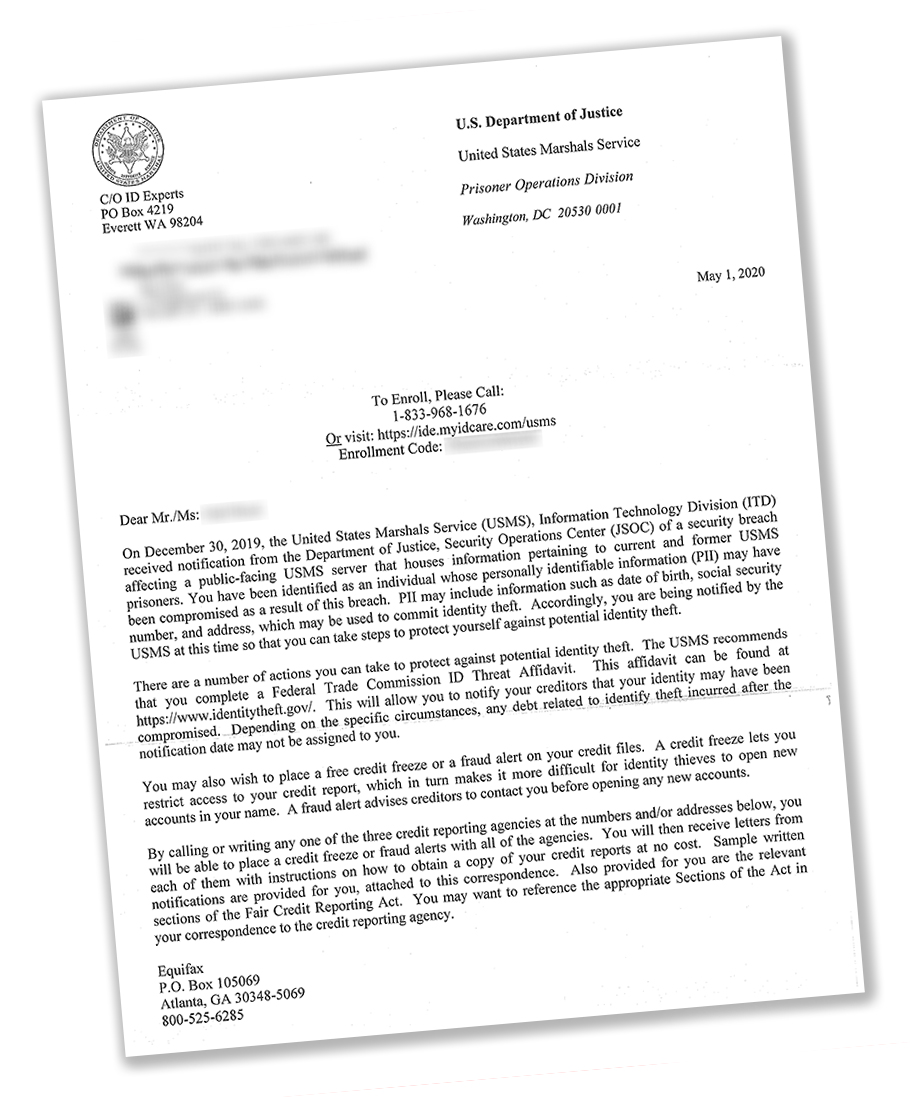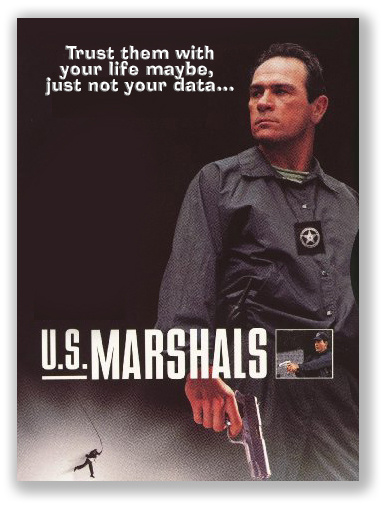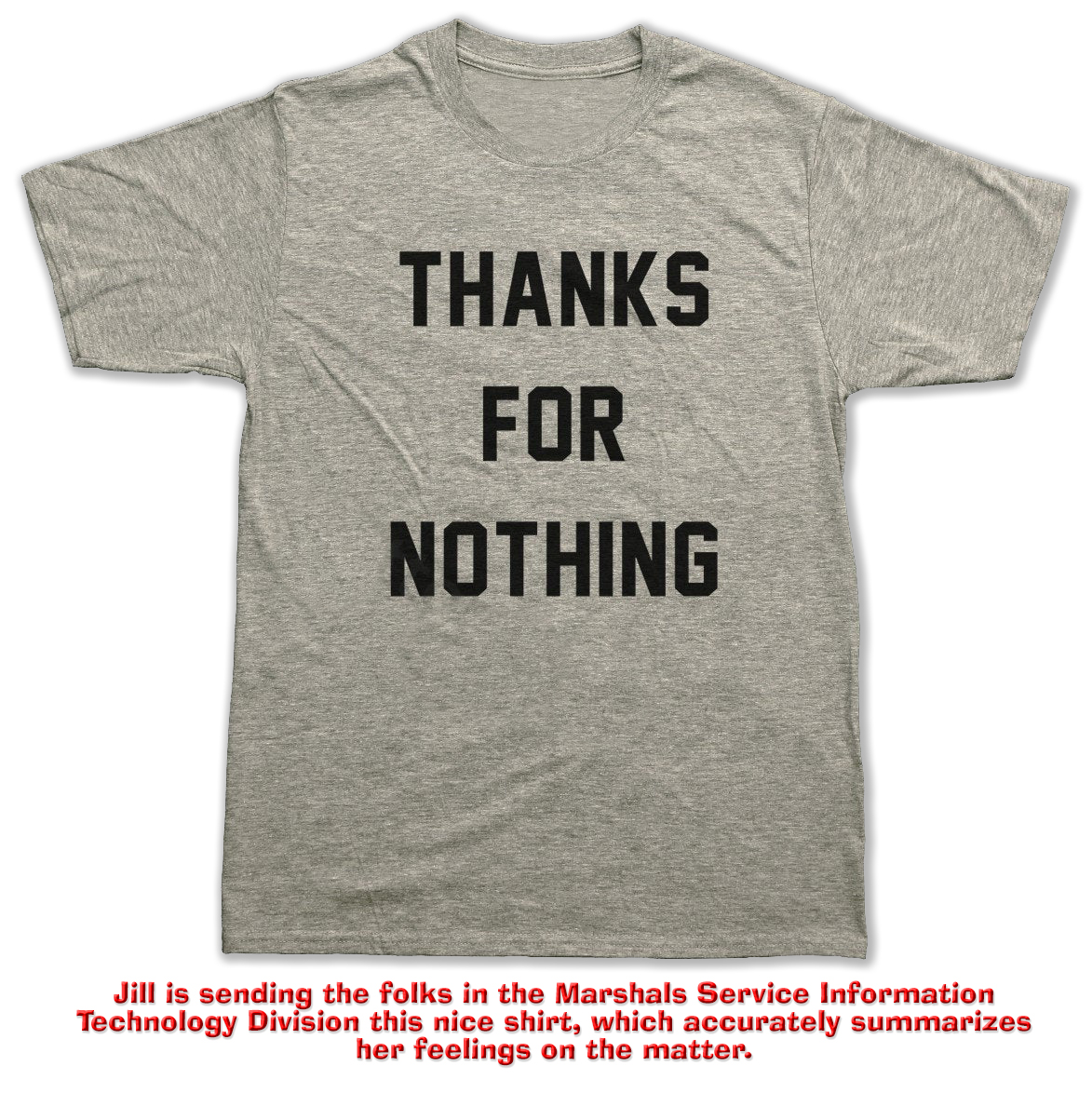We post news and comment on federal criminal justice issues, focused primarily on trial and post-conviction matters, legislative initiatives, and sentencing issues.

ADDING INSULT TO INJURY
Anyone who has ever had a brush with the criminal justice system knows well enough how the collateral consequences of even a single felony conviction will haunt someone for the rest of his or her natural life.
 I figured that the latest indignity was that anyone with a prior felony conviction, no matter how old, was being precluded by the Small Business Administration from participating in the stimulus loans – the Paycheck Protection Program and the Economic Injury Disaster Loans for small businesses. Remember that youthful indiscretion back in 1990? That means you can forget saving the business you’ve built over the past 30 years, the one with 25 employees who are about to lose their jobs because of the coronavirus shutdown. Congress did not specify in the stimulus program that you could not have a prior felony conviction in order to participate, but the SBA sure did.
I figured that the latest indignity was that anyone with a prior felony conviction, no matter how old, was being precluded by the Small Business Administration from participating in the stimulus loans – the Paycheck Protection Program and the Economic Injury Disaster Loans for small businesses. Remember that youthful indiscretion back in 1990? That means you can forget saving the business you’ve built over the past 30 years, the one with 25 employees who are about to lose their jobs because of the coronavirus shutdown. Congress did not specify in the stimulus program that you could not have a prior felony conviction in order to participate, but the SBA sure did.
But I was wrong. No, not about the SBA’s mindless ban on people with prior convictions participating in the PPP and EIDL loans. That’s real enough. Instead, I was wrong about that being the latest indignity.
 An alert reader brought to my attention a letter she had received from the U.S. Marshals Service the other day. Years ago, she had run with the wrong boyfriend, and was left with bad memories and a conviction for holding several kilos of pot on his behalf. Now, she is a successful grant writer with a nice family. We’ll call her “Jill.”
An alert reader brought to my attention a letter she had received from the U.S. Marshals Service the other day. Years ago, she had run with the wrong boyfriend, and was left with bad memories and a conviction for holding several kilos of pot on his behalf. Now, she is a successful grant writer with a nice family. We’ll call her “Jill.”
Jill admits that no matter how long it’s been since her supervised release ended, a letter from the Marshals will leave you in a cold sweat as you open it. Her fear turned to disbelief and anger as she read the contents:
On December 30, 2019, the United States Marshals Service (USMS), Information Technology Division (ITD) received notification from the Department of Justice, Security Operations Center (JSOC) of a security breach affecting a public-facing USMS server that houses information pertaining to current and former USMS prisoners. You have been identified as an individual whose personally identifiable information (PII) may have been compromised as a result of this breach…
It’s not enough that the USMS stores all of that embarrassing personal data about you long after you cease being subject to Tommy Lee Jones’ whims. The Marshals can’t even protect their own servers, and – having left all of that PII about former prisoners on what the USMS euphemistically calls a “public-facing USMS server” – Xi Jinping and Vladimir Putin now own your DOB, address, social security number, register number, license tags and all of your other data (including your photo, which was duly digitized and stored in your file as well).
 If you’re a non-governmental actor – say an Equifax or Facebook or a ChoicePoint or a Marriott – you can be sure that a data breach will be followed by a hefty fine imposed by the Federal Trade Commission, not to mention a class-action suit by the consumers whose PII was leaked to some guy in Romania needing a shower.
If you’re a non-governmental actor – say an Equifax or Facebook or a ChoicePoint or a Marriott – you can be sure that a data breach will be followed by a hefty fine imposed by the Federal Trade Commission, not to mention a class-action suit by the consumers whose PII was leaked to some guy in Romania needing a shower.
But if you’re the government, and you discover a breach but wait four full months to reveal it to the affected parties… Yeah, so what.
The Marshals have magnanimously agreed to offer the affected persons “identity theft protection services through ID Experts®, the data breach and recovery services expert, to provide you with MylDCare™. MyIDCare services include: one Tri- Bureau Credit Report from all three Credit Bureaus (TransUnion, Experian and Equifax), 12 months of Credit and Identity Monitoring, a $5,000,000 insurance reimbursement policy, and fully managed ID Theft Recovery services.”
 This credit service may be of dubious value to former prisoners (read the reviews), but will most assuredly be of no value whatsoever to people who are still prisoners, and who may be released someday to find out that their credit has been sliced and diced by some guy in Mumbai. But then, who cares? Holding people accountable for gross misfeasance is something the government’s good at, as long as the people aren’t part of the government. And burdening an inmate with yet another collateral consequence is always a vote-getter.
This credit service may be of dubious value to former prisoners (read the reviews), but will most assuredly be of no value whatsoever to people who are still prisoners, and who may be released someday to find out that their credit has been sliced and diced by some guy in Mumbai. But then, who cares? Holding people accountable for gross misfeasance is something the government’s good at, as long as the people aren’t part of the government. And burdening an inmate with yet another collateral consequence is always a vote-getter.
“With this protection,” the USMS confidently predicts, “MyIDCare will help you resolve issues if your identity is compromised.”
Peachy.
USMS Letter to affected persons, dated May 1, 2020
The Marshall Project (not to be confused with the Marshal Service, a different animal altogether), Trump Administration Tells Some Business Owners “Do Not Apply” for Coronavirus Loans (Apr 8)
Law 360, Have A Criminal Record? COVID-19 Relief May Be Out Of Reach (May 3)
– Thomas L. Root


